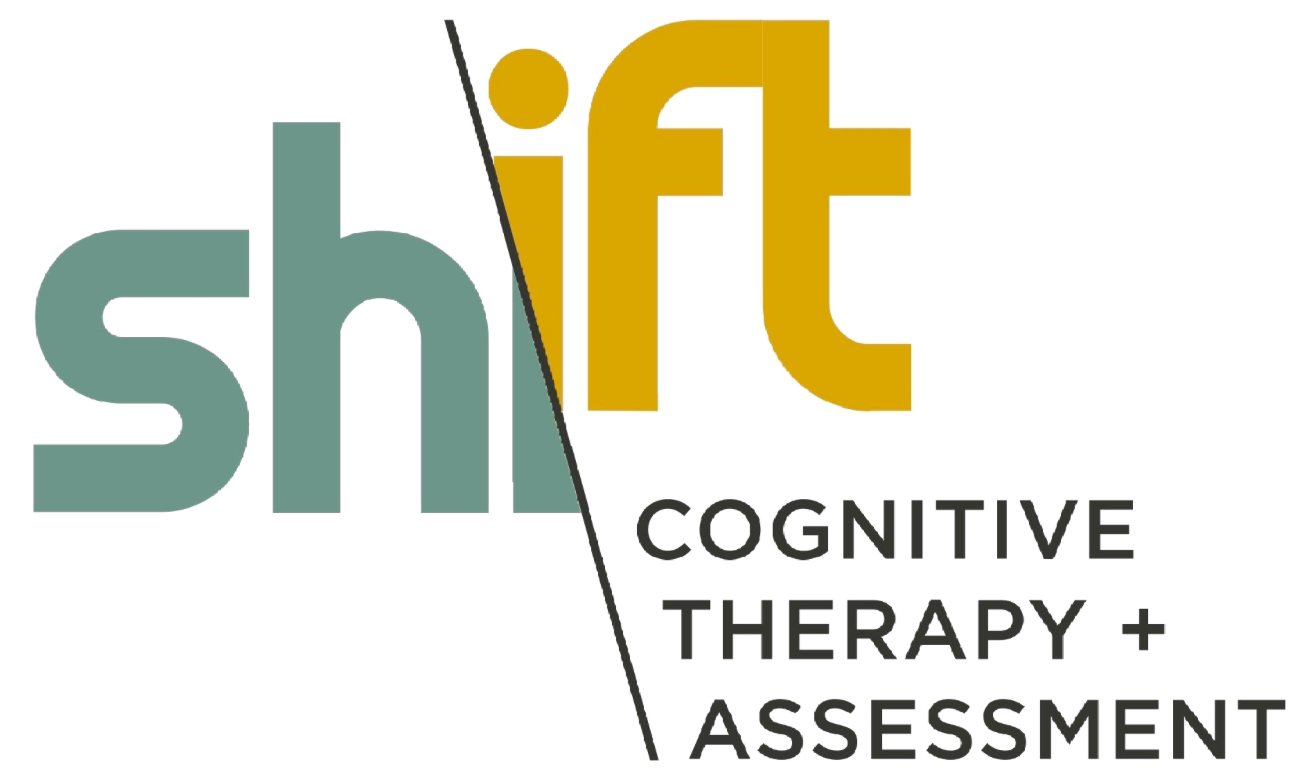ADHD Therapy & Learning Disabilities
Attention Deficit Hyperactivity Disorder (ADHD) Therapy in Oakville
The term learning disabilities (also known as Specific Learning Disorders and LDs) refers to a wide range of problems and issues that make it difficult for a student to learn core academic skills. They relate to qualities within the child that persist over time and continue to interfere with learning even when that child has extra help and all the resources another child might need to learn. Children with LDs can often succeed in school, but only when they put in extraordinary amounts of effort, far more than their non-LD peers would need to accomplish the same tasks. LDs are not related to intelligence, meaning that a smart enough child might still struggle in a specific academic area.
Symptoms of Learning Disabilities
Specific Learning Disabilities can affect:
- Reading, including dyslexia (which can affect speed, accuracy and the ability to decode what words mean). Reading disabilities can also interfere in a child’s ability to really understand what they’re reading.
- Written Expression, causing poor spelling, difficulties with grammar and punctuation, and making it difficult for the child to organize their thoughts enough to get them down on paper in ways that make sense.
- Math, including struggling to really understand how numbers work and go together, persistent difficulties memorizing math facts, and being really slow when doing calculations.
LDs are most often identified in childhood and can change over time, as the child’s brain develops. Visit the Learning Disability Association of Halton for more information on LDs.
What is ADHD
Attention Deficit Hyperactivity Disorder is a neurological condition that affects both children and adults. Some people with ADHD are hyperactive and impulsive, meaning that it’s difficult for them to stop and think before taking action. ADHD also makes it very challenging to resist distractions, so it can appear that a person with ADHD can’t keep their attention focused for very long at all. This isn’t the case. In fact, when a person with ADHD is interested in something, like videogames or a fun activity, they can pay attention for hours. Sometimes people with ADHD can even hyper-focus on things and lose track of time and other priorities.
What are the types of ADHD
Some people have the type of ADHD that is primarily inattentive, meaning that they tend to lose things, be forgetful, struggle to keep bedrooms and workspaces organized, and have a really hard time maintaining their focus on anything they find boring. People with ADHD often leave trails of half-finished tasks behind them. Students with this type of ADHD often struggle to work independently in school because they are so easily distracted and have a harder time putting their focus back on the task at hand that their non-ADHD peers.
Other kids and adults have the type of ADHD that is primarily hyperactive-impulsive, meaning they can’t easily wait their turn, struggle waiting in lineups, and have a very hard time working towards longer-term goals, preferring the quick hit of an easy success right now. They also can have big, emotional reactions to frustrations because their condition makes it hard to temper their emotions and to match their level of bodily arousal to the demands of the situation.
A third group will have the combined type of ADHD, which is a mix of the two. All three types will show more variability in their work efforts and outputs than non-ADHD peers, meaning that a student with ADHD might perform very well on a school assignment one day and very poorly on the same task the next day. Unfortunately, parents and teachers can sometimes mistake that as a lack of effort and apply more pressure, causing some students to feel like they’re stupid, misunderstood, or doomed to a life of failure. Get in touch if you think you or someone you love might have ADHD or an LD.


